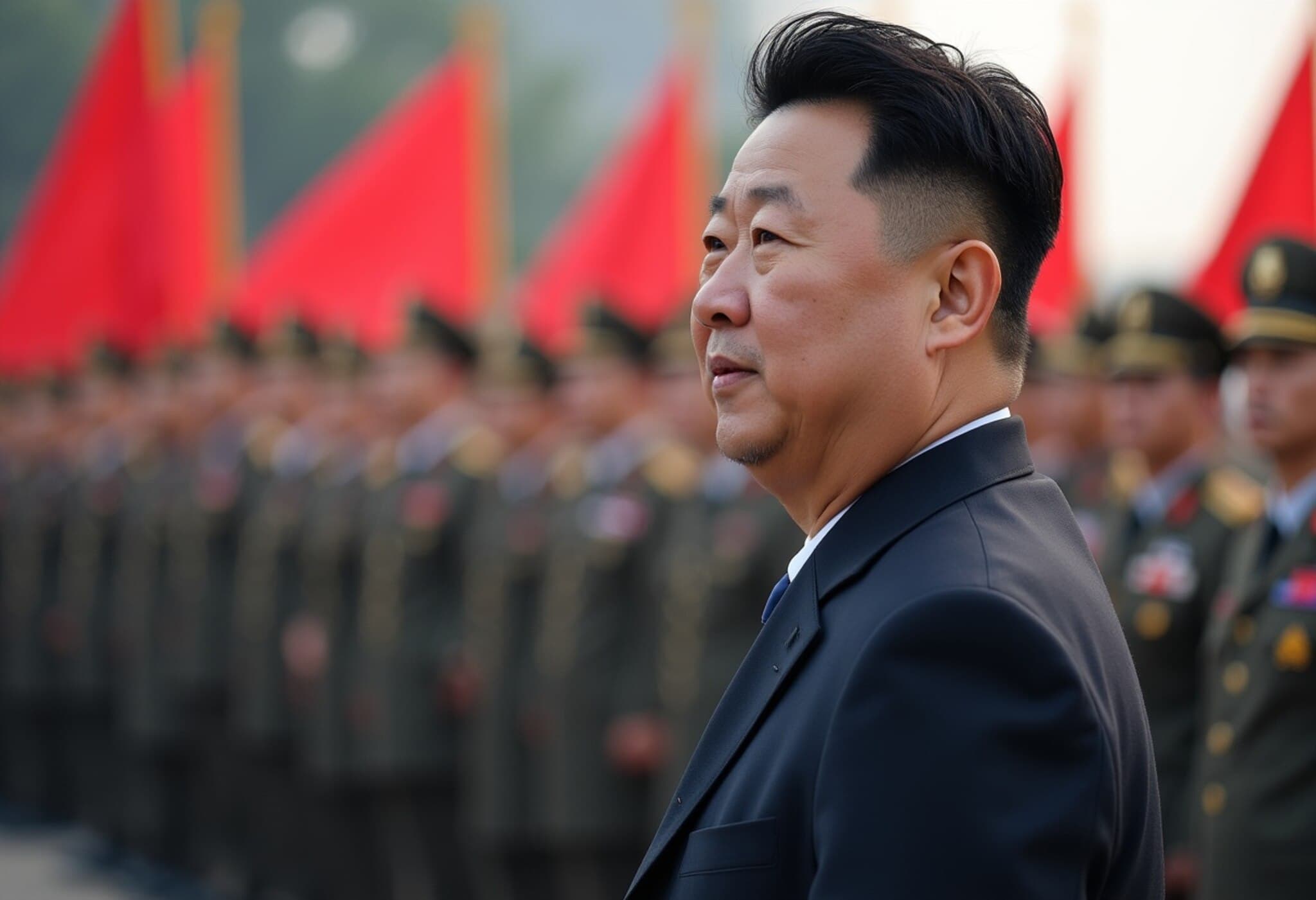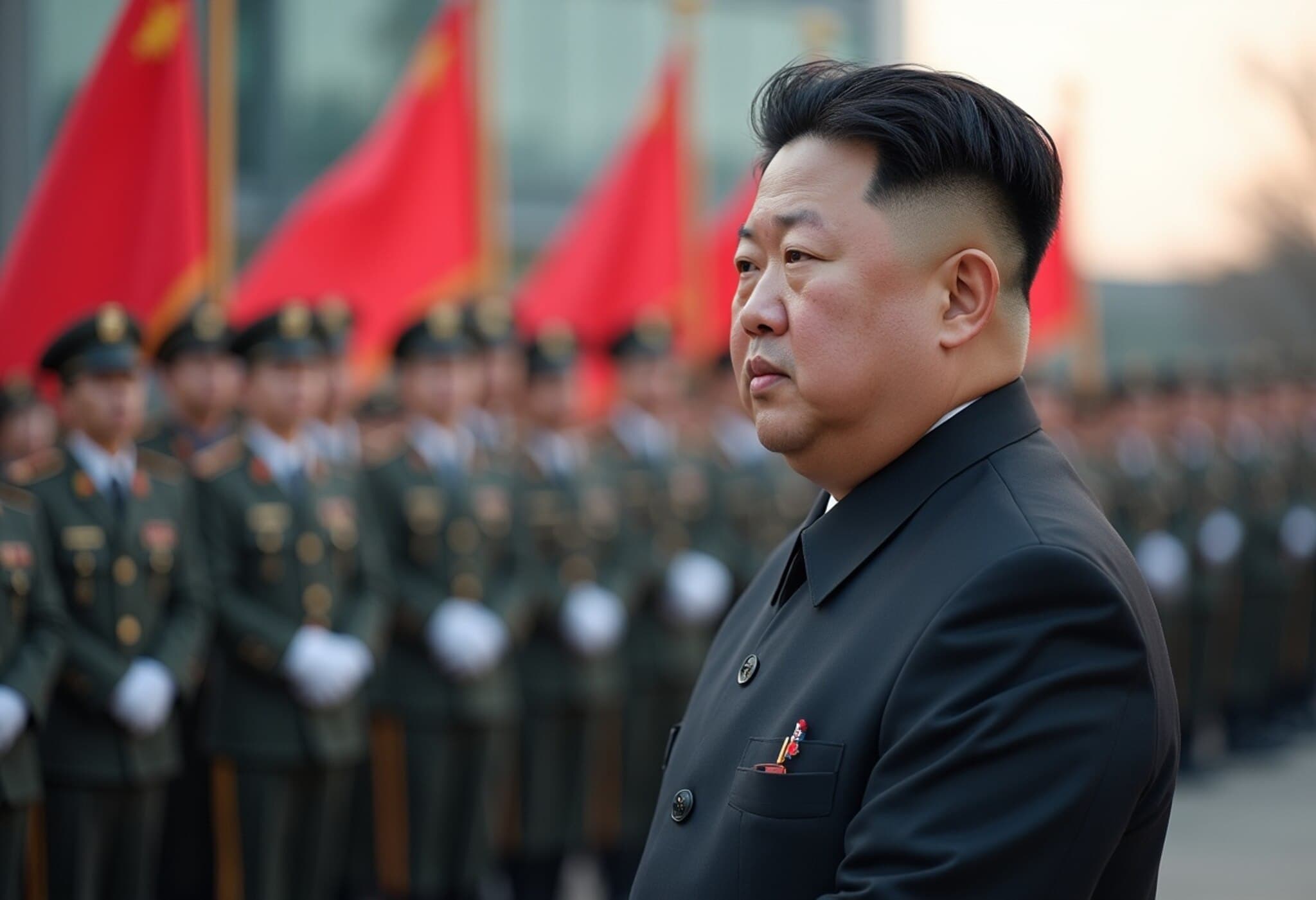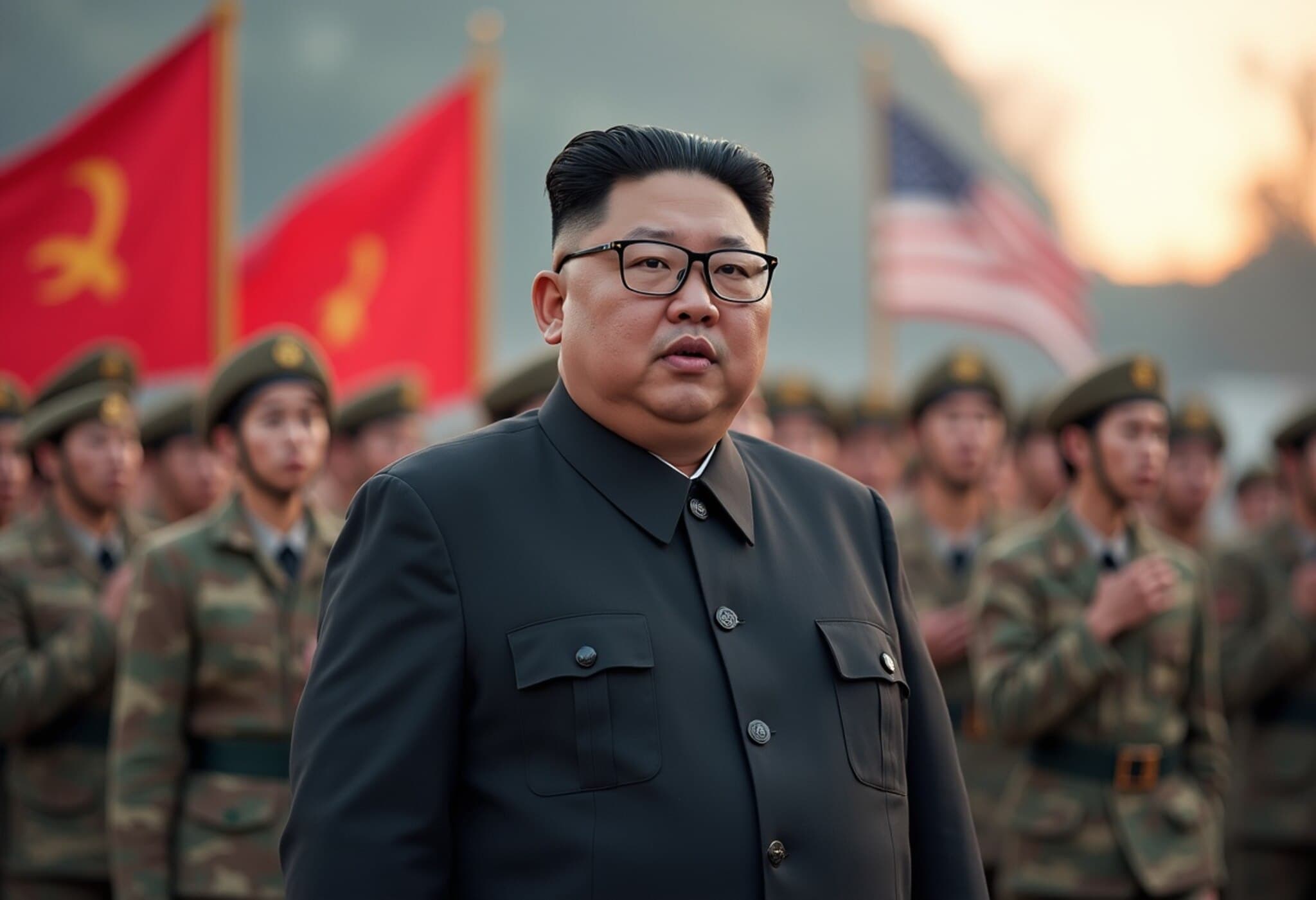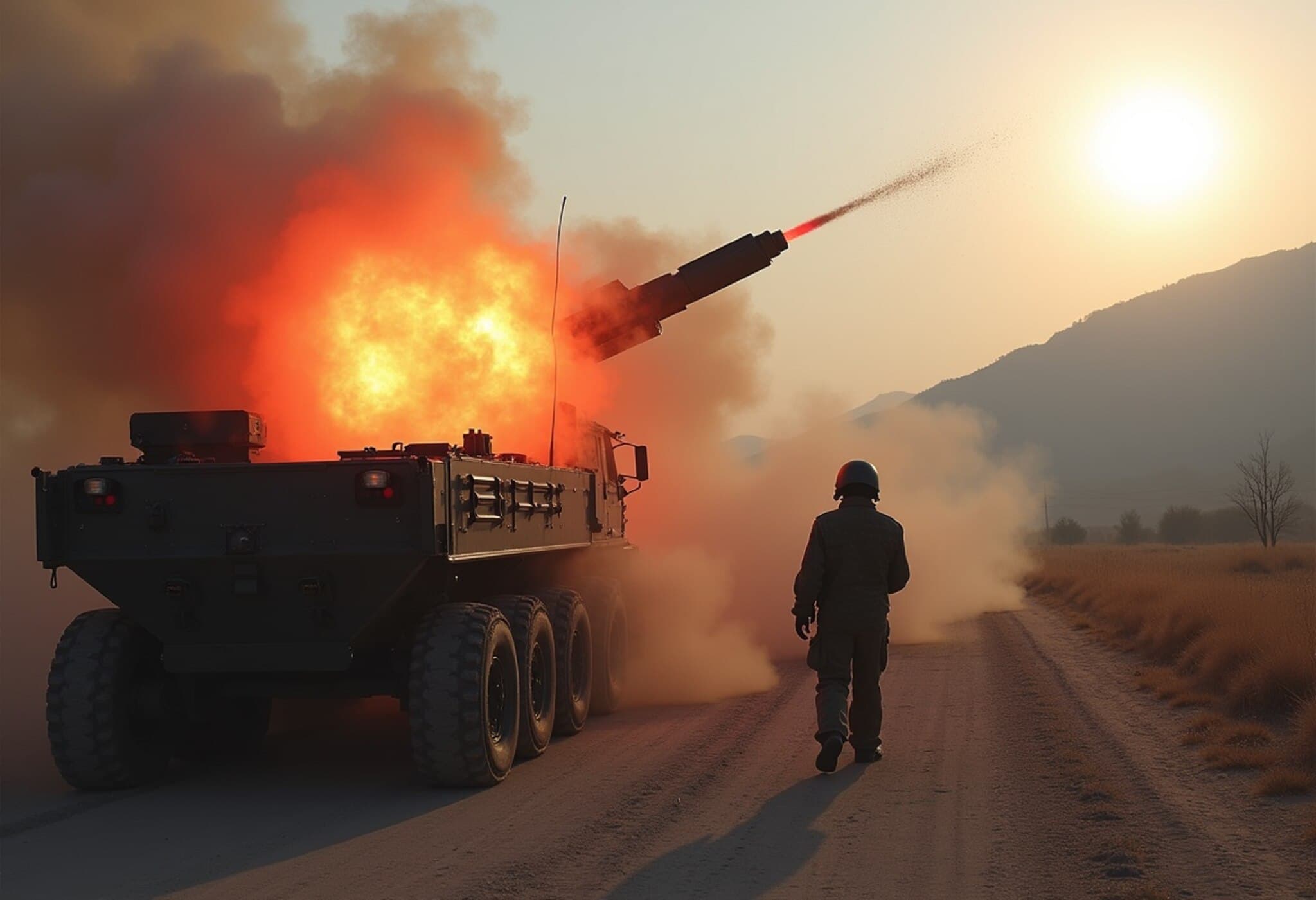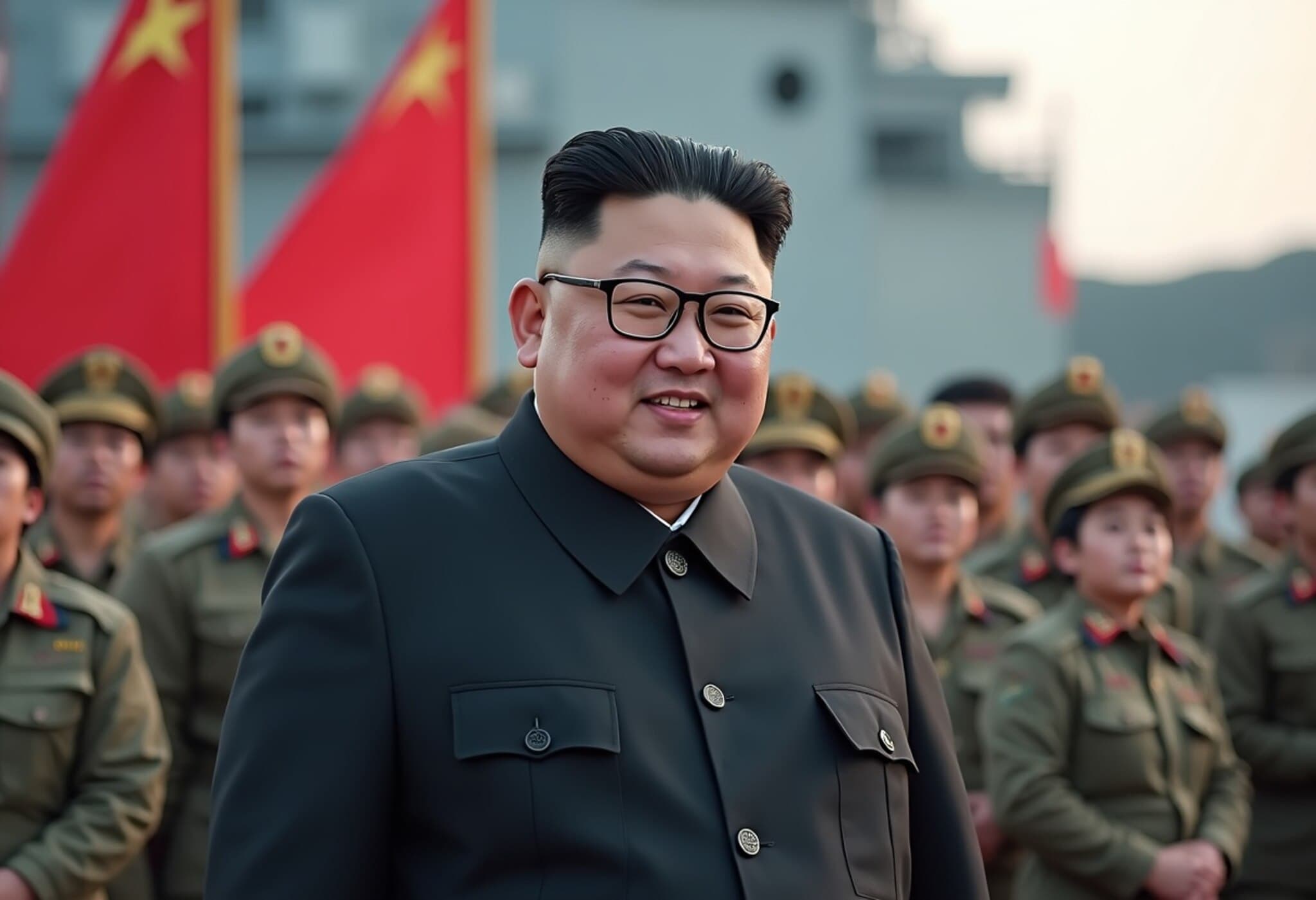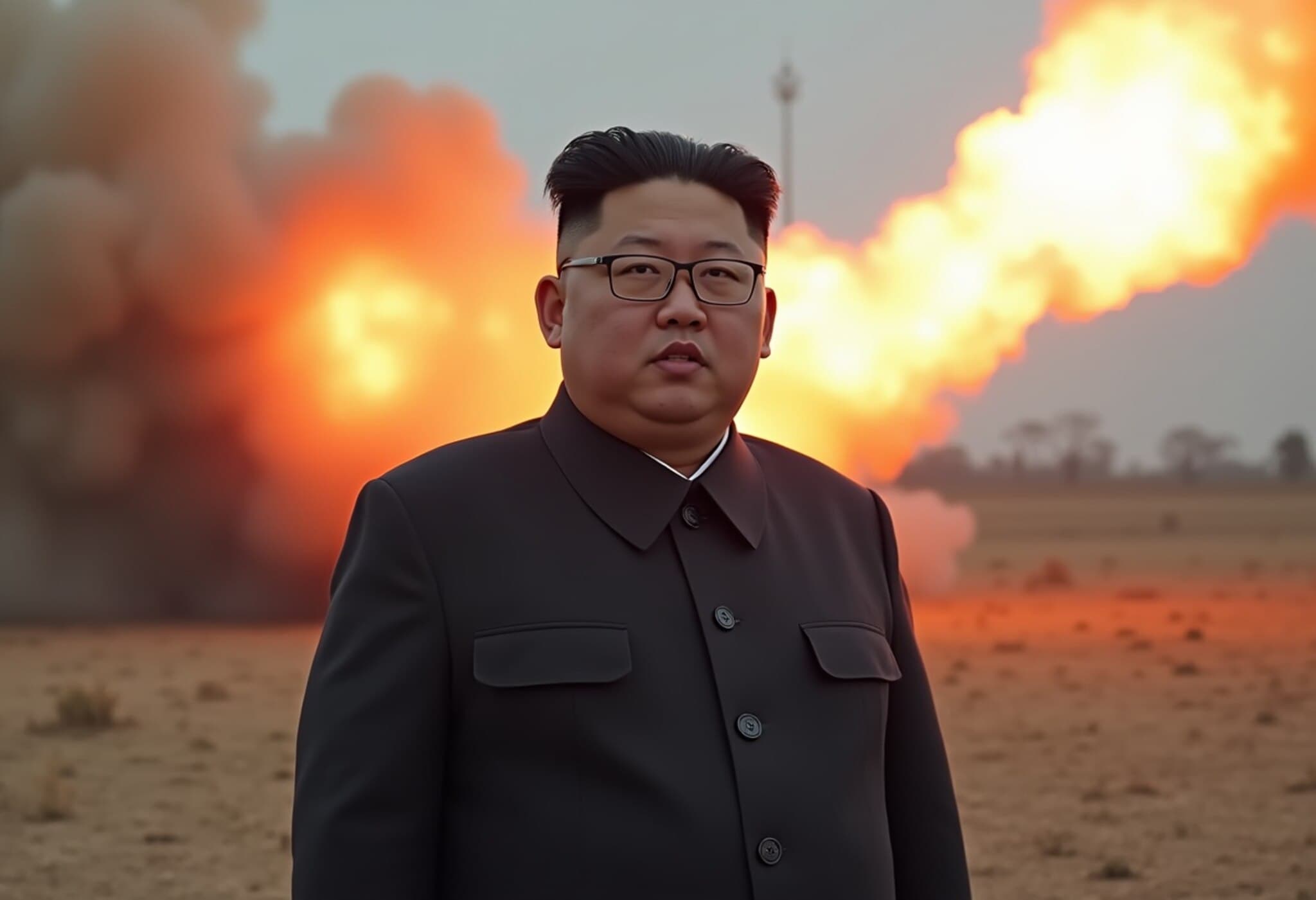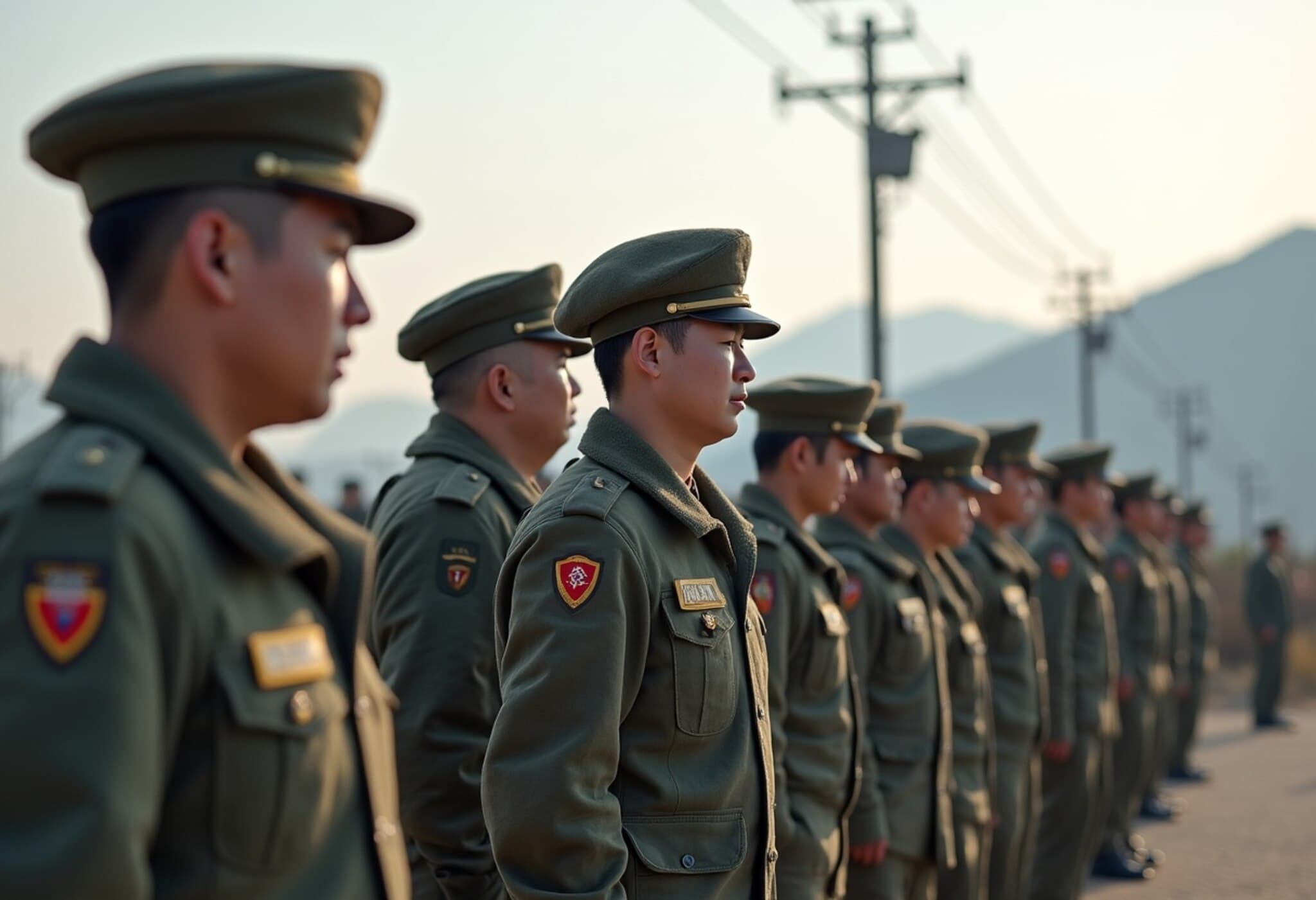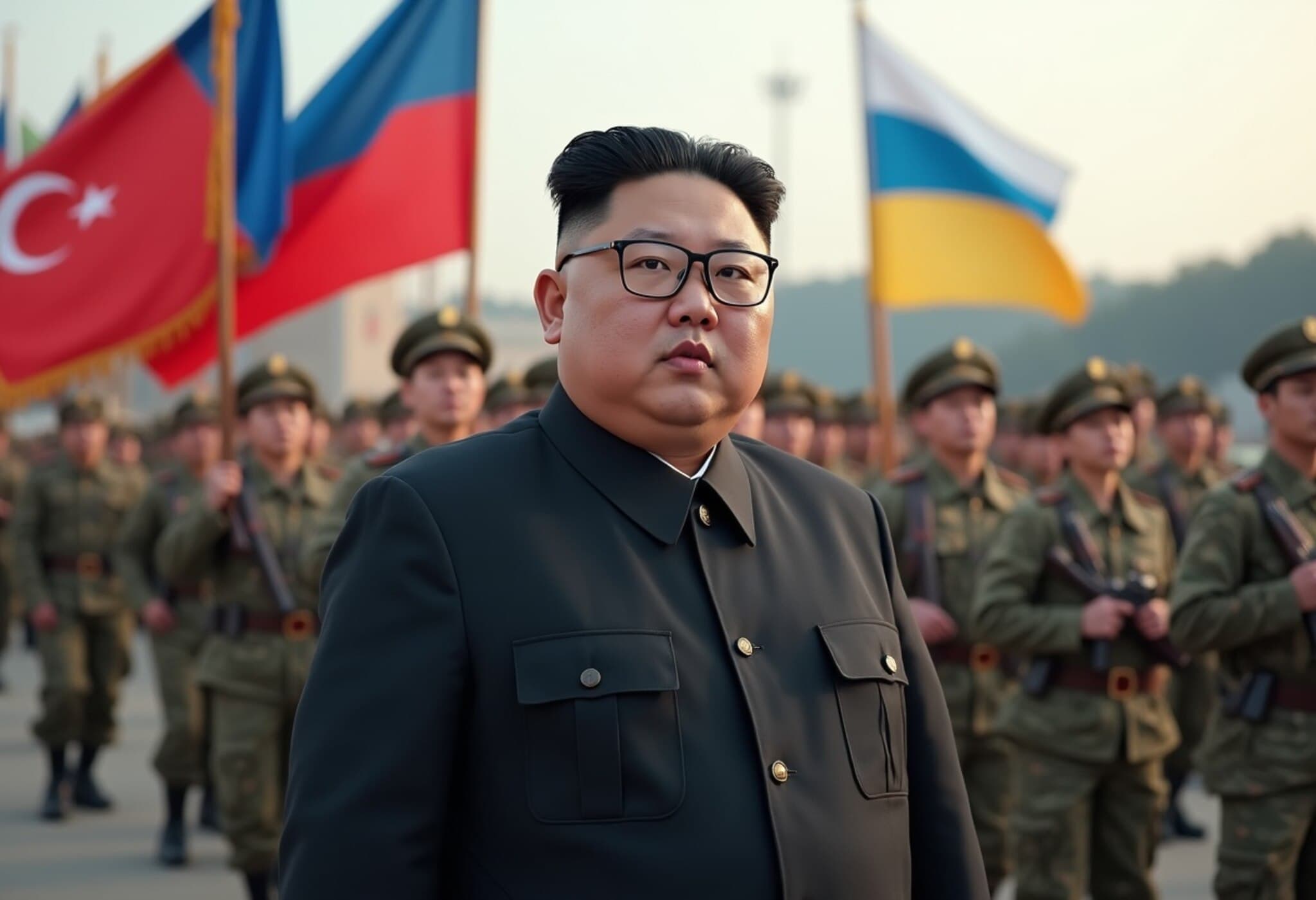South Korea’s President Lee Jae Myung Signals New Approach to North Korea
In a significant and poignant address on August 15, 2025, marking Korea’s Liberation Day, South Korean President Lee Jae Myung stepped away from the traditionally hardline stance toward the North, pledging to respect the existing system of North Korea and calling for the fostering of “military trust” between the two Koreas. This message comes amid a tense geopolitical climate, and it hints at a cautious yet hopeful attempt to thaw inter-Korean relations.
Honoring a Shared History Amid Political Divides
The Liberation Day holiday, observed by both North and South Korea, commemorates the end of Japanese colonial rule in 1945 and remains a unique symbol of a shared Korean identity despite decades of division. Against this historical backdrop, Lee's speech struck a tone of reconciliation, emphasizing mutual respect and the urgent need for dialogue.
Key Highlights from Lee’s Liberation Day Speech:
- Respect for North Korea’s system: Lee acknowledged North Korea’s sovereign system without conditions, a marked departure from prior administrations’ rhetoric.
- Commitment to reduce tensions: The South Korean government vows “consistent measures” to lower military and diplomatic tensions.
- Call for military trust: Highlighting the importance of security confidence-building to pave the way for future cooperation.
- Intention for dialogue: Lee expressed hope that Pyongyang will reciprocate efforts to re-engage in dialogue after a period of silence and hostility.
“We affirm our respect for the North’s current system,” Lee stated firmly. “South Korea has no intention of engaging in hostile acts, and we hope North Korea will reciprocate our efforts to restore trust and revive dialogue.”
Context: Contrasting North Korean Responses
Lee’s overtures were delivered one day after Kim Yo Jong, North Korean leader Kim Jong Un’s sister, bluntly asserted that North Korea holds “no will to improve relations” with the South. Such discord underscores the complexity and fragility of inter-Korean diplomacy.
However, North Korean leader Kim Jong Un’s own Liberation Day speech diverged from his sister’s fiery remarks. In an unusual break from tradition, Kim made no mention of South Korea or any “enemy” states, focusing instead on internal challenges and national strength, in the presence of a Russian delegation, signaling subtle shifts in diplomatic posture or strategic calculations.
Military De-escalation: A Tentative Step Forward
Adding weight to diplomatic gestures, the South Korean military reported a cessation of propaganda broadcasts along the Demilitarized Zone (DMZ) beginning in June, with evidence that North Korean forces were dismantling loudspeakers, traditionally used to broadcast anti-South propaganda. These military confidence-building measures could signify a cautious opening toward reducing hostilities.
Expert Insight: What This Means for the Korean Peninsula
Yang Moo-jin, president of the University of North Korean Studies in Seoul, views the current atmosphere as one of watchful waiting. He remarked, “Kim Jong Un’s silence on South Korea and nuclear provocations, contrasted with Kim Yo Jong’s harsh statements, suggests that Pyongyang is carefully calibrating its messaging, likely assessing President Lee’s intentions and the international environment before committing to any diplomatic breakthroughs.”
From a wider American geopolitical perspective, any move by Seoul toward easing tensions has significant implications for regional security dynamics involving the United States, China, Japan, and Russia. The U.S. remains a critical ally of South Korea, advocating for denuclearization but also supporting peaceful engagement to avoid conflict escalation.
Looking Ahead: Challenges and Opportunities
- Trust-building remains elusive: Years of hostility and broken promises have left deep scars that cannot be undone overnight.
- Unconditional dialogue might redefine inter-Korean relations: Lee’s approach calls for conversations without preconditions, a radical shift that could open new diplomatic avenues.
- Regional actors’ roles: Russia’s current engagement, highlighted by Putin’s congratulatory message, and China’s influence remain pivotal in shaping North Korea’s strategic calculus.
Editor’s Note
President Lee Jae Myung’s Liberation Day speech marks a potential turning point, reflecting a nuanced, empathetic approach that respects North Korea’s sovereignty while advocating for military trust and peace. Whether Pyongyang will respond in kind remains uncertain, as internal divisions and external pressures continue to shape the peninsula’s complex dynamics.
For readers and policymakers alike, the challenge lies in balancing cautious optimism with pragmatic realism. Engagement efforts must carefully navigate decades of mistrust, while leveraging historic moments like Liberation Day to rekindle the hope for a peaceful Korean future.

